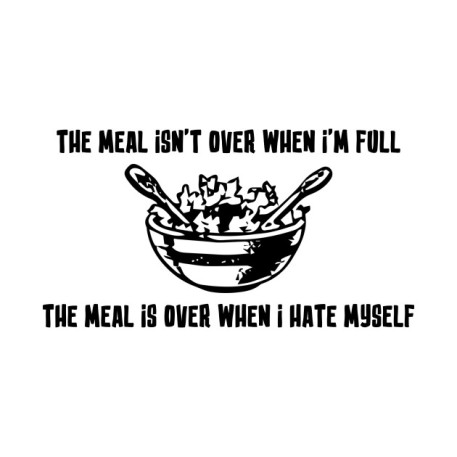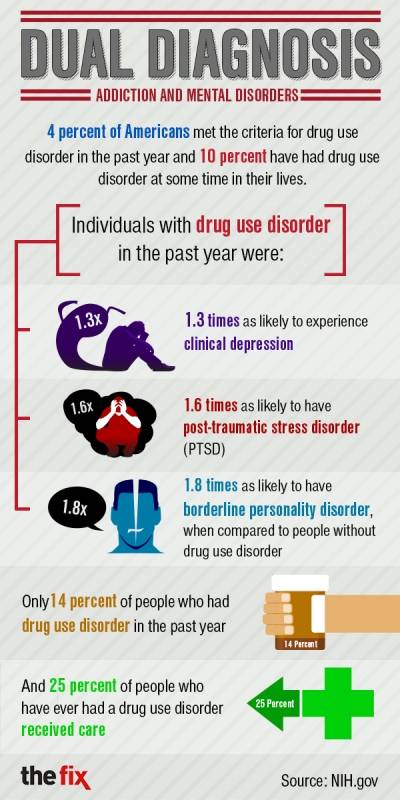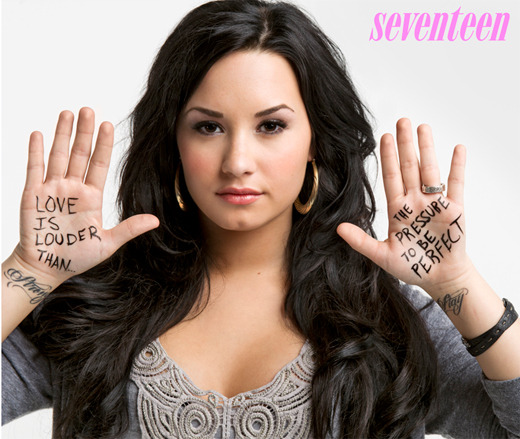Most people would look at this post and go, what? But as always, just wait to see what I mean.
Most people (maybe not most, but a lot) of people I’ve ever heard talk about addiction talk about having the disease of “more.”
On a walk this afternoon, 65 hours after my last binge, I realized that I have the disease of enough.
I used to ask myself,
Am I good/worth enough?
Do I belong enough?
Is there enough food for me?
How can I become small enough?
Did I burn off enough?

My family used to comment that I would “eat like I was going to the electric chair” and tell me to “take human bites.” These comments didn’t help me, in fact, they probably made me internalize a lot of the mentality that I was “broken.”
Realistically, now I know that there is a glitch in my brain that falsely tells me that there is not enough food and that I better eat as much as I possibly can so that I get enough. This comes from dieting and starving beginning at age twelve; I built myself a deprivation mechanism that fossilized itself into my brain so hard, that when large quantities of food are present, my brain thinks its the last time I’ll ever eat again.

The reasons why I binged on thanksgiving this year are many. For one thing, I disassociated pretty bad when I got to the table, as if it were just me and the plate. I took a three hour nap after my meal and still felt sick. I wasn’t proud at all.
To my surprise, I woke up the next morning and felt SUPER charged with the energy to recover and do better. I don’t know where it came from; I think maybe I just knew that I didn’t want to feel the way I felt the night before…disgusted, alone, defeated and depressed.

I went to a meeting with my cousin, and another one later that evening, and another one last night where I shared in front of a room full of 50+ people that I needed support. I asked myself two questions on paper last night, “How do I get better at asking for help?” and “How do I make g-d everything?” and I think that meetings and support systems will reveal the answers to those questions as I go forward.
And I’ve come to the conclusion that staying sober is pretty easy on me but, if I’m in active eating disordered behavior, that becomes a thousand percent false.
I never drank problematically until about a year ago, when I spent a month drinking at the same bar. During that time, I learned how connected my eating disorder and my problem of drinking were. My body image issues were the primary problem, but I learned quickly that if I drank, I no longer was conscious of what I looked like and I couldn’t really coherently think about what other people thought of me–or what I thought of myself.

Even after I stopped drinking alcohol, I was so judgmental (one of my go-to defects). Today, I realized that this was how I behaved because I saw people the same way that I assumed they saw me, which was how I also saw myself–worthless, inferior, undeserving. And I kept blaming the internalized voices of my abusers for these projections, when realistically, it was a way of keeping up self will. Those voices that emotionally manipulated me down to nothing started as the voices of other people, and then started to sound a lot like me.
I blamed my higher power for that for so long, even though it wasn’t her fault. I couldn’t trust a higher power because what had g-d ever done for me, anyway? I had to control my life. I had to protect myself. I had to find ways to survive abusive people. I had to successfully hide my identity from my family. I had to save the world and still make it home in time for dinner. All the stability in my life has always depended on ME. How was staying sober or free of self harm or away from disordered eating any different?
Those messages I received as a kid that I was small or unimportant came from people who chose their own form of self-will over unconditional love. And it gave me a model for allowing my own forms of self-will to run my life into the ground, on and off for the past (almost) 12 years.
And to think I kept this up until it attacked me head on this past week.
I binged because my higher power wasn’t invited to the table with me where I sat and ate for almost 10 minutes in virtual silence. I didn’t give a power greater than myself a chance to protect me, and that’s on me. I was busy making sure I had enough, belonged enough, felt like enough–when in reality, I was born enough.

48 hours
Stare at your plate
eat, take more
eat, take more
until you can’t
take anymore
you remember
this time last year
you were well
because you invited god
to your table
where is your god now
and why did you make her small?
because it’s all you know
how to do
shrink yourself,
to feel like your life
is your own
except god didn’t have to
get smaller with you
it’s not god’s fault
the same way it wasn’t
your fault
when they chose self will
over unconditional love
so you sit here
and stare at the plate
taking more,
promising you’ll make up for it tomorrow,
hollow yourself out
until your body is screaming,
you’ll keep choosing self-will
over unconditional love
and you can’t hear your body
screaming
“We are both so much more
than enough.”










